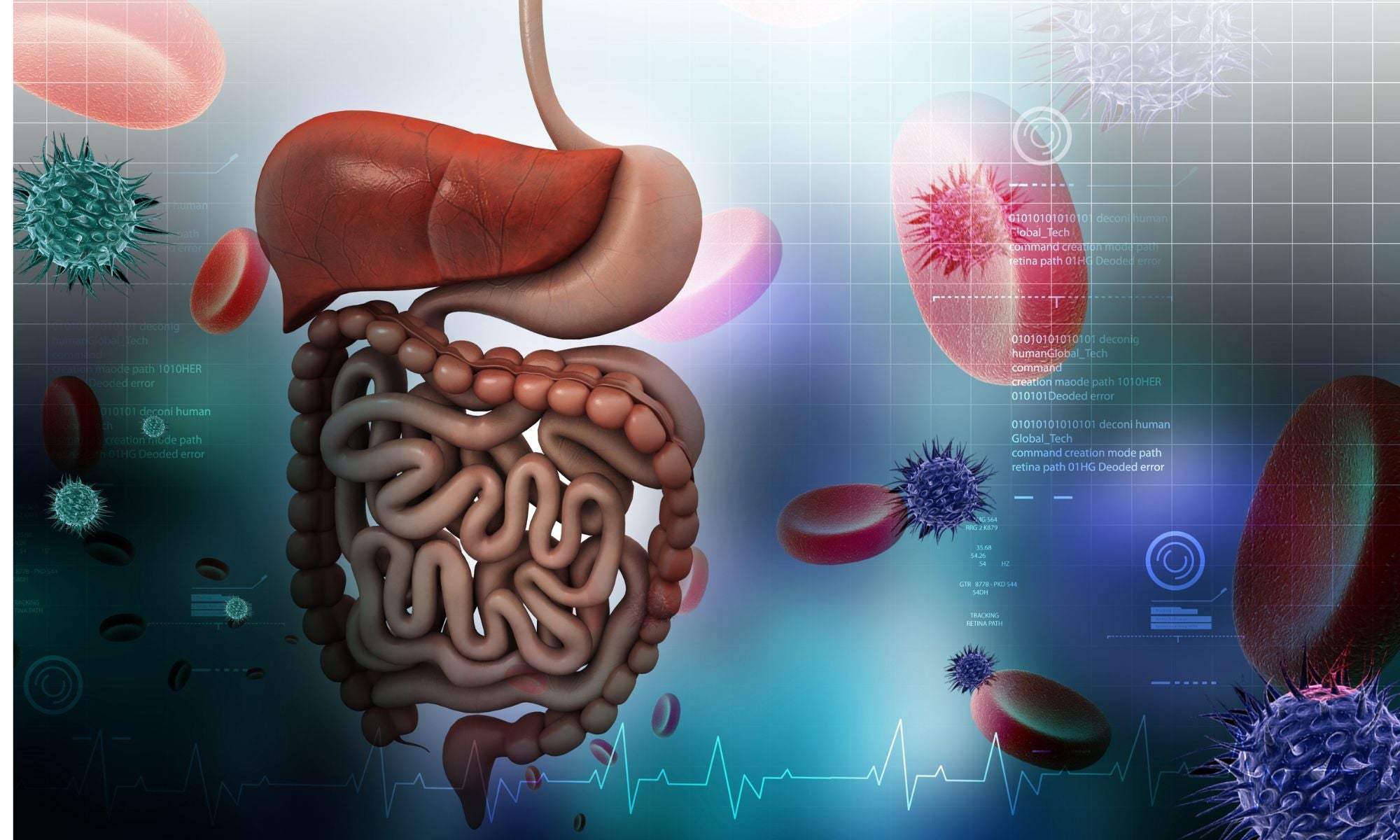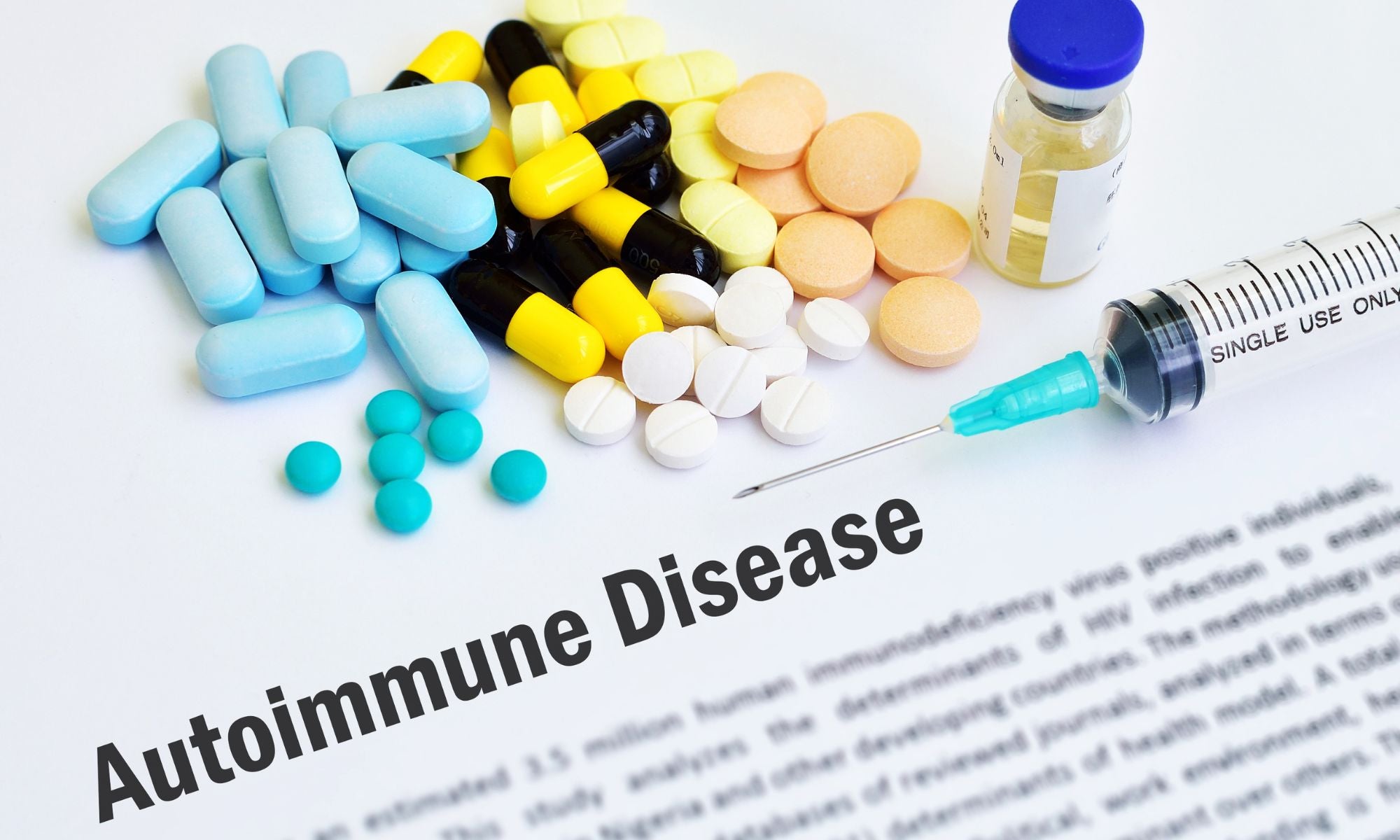
10 WAYS YOUR GUT MIGHT BE COMMUNICATING WITH YOU
You may not know, but the gut plays a huge role when it comes to helping your body work in order. It assists in breaking down food and absorbing nutrients in order to help the body’s vital functions, such as skin health, mental health, and even heart health.
As a matter of fact, approximately 70 percent of the immune system is contained in the gut, which means that maintaining a healthy digestive system is the secret to dealing with various diseases.
Even though the gut cannot speak, it has its own way of communicating with us. Carefully observing our hunger cravings, bowel movements and many others can give us a clue of what is happening inside our gut.
Regularity of the Bowel Movement

Regular bowel movements vary from one person to another. Typically, it occurs thrice a day up to thrice a week.
The gut of every person is uniquely different. However, there is a pattern that you can observe. Keep in mind that the foods we eat usually last for about 24 hours up to 72 hours. In fact, it usually takes 6-8 hours for the food to enter the colon (also known as the large intestine). Once it reaches the colon, that’s the only time you may feel the urge to release it.
If you have an unhealthy gut, it will negatively impact bowel movement. Not pooping on a regular basis will cause your food to stay in your colon for days or even weeks. It may then lead to smelly farts and several other health issues.
Processed Foods

If you have a diet rich in processed foods, you may experience gut inflammation. Your GI tract’s lining is the place wherein all the foods you eat are absorbed. If inflamed, it will become dysfunctional.
An inflammatory response occurs when your body fights and attacks the foods you eat, mistaking them for infections.
Going for whole foods or minimally processed foods is ideal because it lessens the risk of GI inflammation.
Prebiotics

Prebiotics are dietary fibers. When consumed, they feed the beneficial bacteria in the gut and support a healthy gut.
Consuming antibiotics eliminate a number of beneficial bacteria, including the probiotic lactobacillus and bifidobacterium in the gut. For this reason, prebiotic consumption is a must to assist the gut in producing more good bacteria.
Prebiotic food sources include:
- Onion
- Garlic
- Banana
- Asparagus
- Legumes
Probiotics
 Probiotics are live bacteria that are good for the body. It provides tremendous health benefits, especially to the digestive system as it restores the proper balance of beneficial bacteria in the gut microbiome.
Probiotics are live bacteria that are good for the body. It provides tremendous health benefits, especially to the digestive system as it restores the proper balance of beneficial bacteria in the gut microbiome.
If you neglect incorporating probiotics in your diet, there is a huge possibility that your gut is compromised.
Some of the best probiotic food sources are:
- Sauerkraut
- Miso
- Tempeh
- Kimchi
- Yogurt
Gluten

Research shows that gluten increases the risk of the leaky gut—an intestinal permeability. When this occurs, substances such as waste, undigested foods or bacteria can enter your intestinal lining and pass through the bloodstream, resulting in inflammation and diseases.
You can tell if your body is sensitive to gluten by observing your gut. Try getting rid of gluten for at least 30 days, and then try adding it back to your diet. If you notice an improvement in your overall health, it means that your body is best without gluten.
When buying groceries, see to it that you check the list of ingredients. You may not know this, but wheat is actually found in fillers and binders like sauces, chips and many more.
An AN-PEP enzyme supplements are beneficial for those with gluten allergies or sensitivity. Aside from that, totally eliminating gluten is the most effective and long-term solution.
Healthy Diet

Maintaining a healthy diet is a must in order to keep your digestive system operating smoothly.
The moment that your digestive system becomes unhealthy, your body starts to produce low levels of neurotransmitters, such as serotonin. You must know that roughly 95% of this neurotransmitter is formed in the gut. Unfortunately, having inadequate serotonin has been associated with depression, stress, anxiety and many other mental disorders.
Chew Your Food Slowly

Are you a slow eater? Do you take enough time to chew the foods you eat? Doing so helps kick-start the process of digestion.
You must know that breaking your food down into tiny pieces using your teeth encourages the production of saliva. As a result, you send a very important signal to your whole body, informing it to start up your digestive system.
Low Energy

Have you ever experienced having low energy in the middle of the day?
95 percent of serotonin is produced in the small intestine. Unfortunately, an unhealthy gut hinders its proper production. Low levels of this neurotransmitter may result in stress, depression, anxiety, brain fog and low energy.
Even though low energy doesn’t always relate to gut problems, a healthy gut is able to maintain good levels of energy throughout the day.
Stress

If you are stressed, your gut is stressed too. Stress can change your gut microbiome, causing a wide array of discomfort and pain. Studies have discovered that relaxing the mind and managing stress are able to ease the symptoms of gut-related issues due to the connection between the gut and brain.
If you are stress-free, your gut is stress-free too!
No Symptoms

Are you eliminating regularly? Are you not feeling any type of abdominal discomfort, such as bloating or gas?
If you haven’t experienced any gut-related symptoms, it means that your gut is doing good. All you have to do is keep it up and maintain its excellent health.
![]() SUMMARY:
SUMMARY:
The human body has ways to communicate. If your gut is not doing well, it may give you clues through your diet, lifestyle and the symptoms you are experiencing.












